Mike Massimino
- Former NASA Astronaut
- Columbia University Engineering Professor
- New York Times bestselling author of Spaceman: An Astronaut's Unlikely Journey to Unlock the Secrets of the Universe and Moonshot: A NASA Astronaut’s Guide to Achieving the Impossible
In Person-Fee 🛈
$30,000 - $50,000
Virtual Fee:
$20,000 - $30,000
Travels From
New York
Accepting and Embracing Change from Mike Massimino
NASA Astronaut's Guide to Sheltering-in-Place | WIRED
Mike Massimino Speaker Biography
Mike Massimino, a former NASA astronaut, is a professor of mechanical engineering at Columbia University and the senior advisor for space programs at the Intrepid Sea, Air & Space Museum. He received a BS from Columbia University, and MS degrees in mechanical engineering and technology and policy, as well as a PhD in mechanical engineering, from the Massachusetts Institute of Technology.
After working as an engineer at IBM, NASA, and McDonnell Douglas Aerospace, along with academic appointments at both Rice University and the Georgia Institute of Technology, Professor Massimino was selected as an astronaut candidate by NASA in 1996, and is the veteran of two space flights, the fourth and fifth Hubble Space Telescope servicing missions in 2002 and 2009. Mike has a team record for the number of hours spacewalking in a single space shuttle mission, and was also the first person to tweet from space. During his NASA career he received two NASA Space Flight Medals, the NASA Distinguished Service Medal, the American Astronautical Society’s Flight Achievement Award, and the Star of Italian Solidarity (Italian knighthood).
At Columbia, Professor Massimino is teaching an undergraduate engineering course, Introduction to Human Space Flight, which harnesses his years of academic and professional experience. He is also collaborating on The Art of Engineering, a course in which all first-year engineers work on engineering projects with socially responsible themes.
Mike has made numerous television appearances, including a six-time recurring role as himself on the CBS hit comedy "The Big Bang Theory". He has hosted Science Channel’s "The Planets" and its special "Great American Eclipse". He is featured in National Geographic Channel’s series "One Strange Rock" and is the host for Science Channel’s series "The Planets and Beyond". He is a frequent guest on television news and talk show programs, including NBC’s Today Show, ABC’s Good Morning America, CNN, and Fox News. He has also appeared on the Late Show with David Letterman and the Late Late Show with Craig Ferguson, and on Neil deGrasse Tyson’s StarTalk radio and television shows.
Mike’s book, Spaceman: An Astronaut’s Unlikely Journey to Unlock the Secrets of the Universe, has received rave reviews and is a New York Times best-seller. He is a recipient of the 2017 Christopher Award, the Columbia University Community Impact Outstanding Community Service Award, and the Communications Award of the National Space Club. The street that Mike grew up on in Franklin Square, Long Island has been renamed “Mike Massimino Street.”
Being Resilient and Adaptable in Times of Change and Uncertainty
Mike’s second space flight was one of the last of the Space Shuttle Program. It was time for NASA to retire the shuttle and move on to the next phase in space exploration. That next phase included flying exclusively on the Russian Soyuz for a few years, and working with commercial companies to provide launch services in the future. Many at NASA did not want to accept these changes. But the last few years have shown that those who accepted these changes have thrived, while those who resisted are no longer contributing. We may not like the new world we are now living in that has forced us to change the way we do business. But by accepting change and knowing that change can provide unseen opportunities, we can still shoot for the stars.
Following Dreams, Setting Goals, and Never Giving Up
Mike’s dream of becoming an astronaut began when he was six years old watching television as Neil Armstrong took the first steps on the moon. The path to achieving this dream was wrought with unexpected challenges, failures, disappointments, and self-doubt. Mike was rejected three times by NASA including a medical disqualification which Mike overcame by teaching his eyes to “see better.” His persistence paid off with two missions on the Space Shuttle and four spacewalks on the Hubble Space Telescope. Mike stresses that as long as you keep trying no matter what the obstacles, achieving your goal is possible.
Teamwork and Leadership
Upon arriving at NASA, Mike discovered he was part of the team that put the success of the team and the mission above individual accomplishments. The culture at NASA fostered strong relationships between astronauts and NASA leadership. Teamwork and leadership were developed through the extraordinary experiences that Mike and his fellow astronauts shared during their training and spaceflights. Through these experiences, strong friendships and working relationships were forged that enable Mike and his colleagues to complete astronaut training, overcome tragedy, and repair the greatest scientific instrument in space – the Hubble Space Telescope. Mike discusses how teamwork and leadership led to success during his spaceflights and in life.
Innovation and Problem Solving
Mike’s second spaceflight was the final Space Shuttle servicing mission to the Hubble Space Telescope. On that mission, Mike was tasked with the most complicated spacewalk ever attempted: the in-space repair of a delicate scientific instrument inside of the telescope. A major miscue during that spacewalk nearly led to failure. But the ground control team and the astronauts in space worked together to come up with an innovative solution that saved the day and the mission. Mike explains how although not every problem has an obvious solution, preparation and innovation can help us with overcoming unforeseen challenges and adapting to change.
Being Resilient and Adaptable
Mike’s second space flight was one of the last of the Space Shuttle Program. It was time for NASA to retire the space shuttle and move on to the next phase in space exploration. That next phase included flying exclusively on the Russian Soyuz for the foreseeable future, and working with commercial companies in the coming age of private space travel. Many at NASA did not want to accept these changes. But the last few years have shown that those who accepted these changes have thrived, while those who resisted are no longer contributing. Technological progress and entrepreneurship are inevitable in every industry, and the NASA team learned to embrace the changes to move on to that next phase. We now have partnerships and burgeoning private space industry. Our future in space is bright because of these changes.
Recognizing the Purpose in your Work
No matter how much we enjoy our jobs we sometimes get caught up in the day to day activities and can forget the big picture. This can even happen to astronauts. Mike stresses the importance of trying to remember the reason why we work as hard as we do. In addition to supporting our families and enjoying the challenges of our jobs, we should always remember how we are making the world a better place through our work. For Mike, as an astronaut, it was servicing and repairing the Hubble Space Telescope. Arguably the greatest scientific instrument ever built, Hubble made some of the greatest scientific discoveries in history while showing us the beauty of our universe. Contributing to great projects makes all the hard work and sacrifice worthwhile.
Finding and Pursuing that next Challenge
After realizing a dream, there comes a time when one needs to find that next dream in life. For Mike, his astronaut career was a little boy's dream come true. After 18 years it was time to find a new challenge in life and a new dream. Mike discusses the difficulty of giving up the most exciting and interesting job he could ever have for the next phase in life. New challenges are needed for happiness, and there is no reason why one dream job cannot be replaced by another. In Mike’s case that has meant a new career as a university professor, museum advisor, author, television personality, and speaker sharing his lessons and experiences from his life as an astronaut.
Working with Your Team and Clients Over Distance
Mike and his fellow astronauts spent hours in simulators practicing how they would work and communicate with their support team in the Mission Control Center (MCC) while literally a world apart. He also spent years as a Capcom (Spacecraft Communicator) in MCC communicating with and supporting astronauts in space. Critical problems arose during Mike’s final spacewalk on the Hubble Space Telescope, and even though support team members were at various locations on Earth, they were able to save the day for Mike in space. Although we are now physically separated from each other today due to COVID-19, we can strive to be the person that people can call for help. Reach out and try to be someone else’s Mission Control Center.
Dealing with Isolation
Mike’s NASA training taught him valuable lessons on how to thrive in isolation. Some tips are: try to embrace the situation; concentrate on meaningful work; keep open the lines of communication between friends, family and co-workers; be respectful of the well-being of your crewmates; keep up your self-care and exercise; enjoy the beauty of our planet; and use time away from the hustle and bustle of our normal daily routines to think introspectively about our lives.
Recovering from Adversity, Tragedy, and Disappointment
Mike’s first spaceflight was on Space Shuttle Columbia. On Columbia’s next voyage, the crew and the space shuttle were lost during re-entry. It was devastating to lose seven of his friends in an instant. While grieving and consoling the families of those fallen heroes, another reality set in: what would happen to the future of the space program? The International Space Station was not yet completed and the Hubble Space Telescope needed repair. Mike and his colleagues would not let the loss of their friends be in vain. Innovative procedures, tools, and techniques were developed to get the shuttle flying again to finish that important work. Mike shares stories of how that same effort and attitude is needed now to recover from the effects of COVID-19 on our businesses and lives.
An Astronaut’s View on Planet Earth
The orbit of the Hubble Space Telescope is 350 miles above the Earth, 100 miles higher than the International Space Station. From that altitude, astronauts can see the curvature of our planet, and spacewalking astronauts can take in the magnificent views through their helmet visors with a 360- degree view of our planet and the surrounding universe. Mike describes his observations and feelings while viewing our planet, including its fragility and the importance of taking care of it.
Private Space Travel and the Future of Spaceflight
We are in a very interesting time for space travel, transitioning from over 50 years of human space programs conducted exclusively by governments, to programs that provide new opportunities for private enterprise. It is similar to air travel a century ago when airplanes were used for government and military purposes and for barnstorming. Those early years led to the thriving commercial airline industry of today. Some of these programs are governments working with a private enterprise such as the NASA Commercial Crew Program with Boeing and Elon Musk’s SpaceX. Others are more purely commercial companies such as Jeff Bezos’ Blue Origin and Richard Branson’s Virgin Galactic. There are also many smaller companies developing private space opportunities in tourism, rocket propulsion, zero gravity science, and planetary exploration. Mike’s students at Columbia, as well as students he meets around the world, are very excited about careers in the space program because soon it will not only be governments going to space, but also private innovators and entrepreneurs.
STEM Education
Inspired at age 6 to become an astronaut while watching Neil Armstrong taking the first steps on the moon, Mike had no idea how to make his idea come true. But he discovered in elementary, middle, and high school that he liked math and science and decided to study engineering in college. Although being an astronaut was not on his mind in college, Mike followed his STEM interests which eventually would lead him to NASA and the astronaut program. Following one’s interests can lead toward a happy and successful career even if a person is undecided about what they want to do with their lives while in school. Mike’s parents never had the opportunity to go to college, but going to college and getting a STEM education changed his life. He learned not only about engineering but also about how dreams come true – by getting an education in an area in which one is passionate.
Safety is Everyone’s Job
Mike’s first flight was on Space Shuttle Columbia STS-109. The very next time Columbia went to space with the crew of STS-107, it had a breach in its thermal protection system while re-entering the Earth’s atmosphere destroying the vehicle and killing everyone on board. Space shuttle missions are generally flown in order. STS-107 was assigned before and was originally scheduled to fly before STS-109. But launch delays forced NASA planners to switch the flight order. Mike’s crew got the slot previously given to STS-107, and STS-107 got the original STS-109 slot. Mike and his crew returned safely to Earth, the crew of STS-107 did not. Spaceflight is a dangerous business and now it had claimed the lives of 7 of his friends. Mike found that much can be learned from investigating space flight accidents, not only the Columbia accident but also the Challenger Space Shuttle accident and the Apollo 1 fire. He shares lessons learned from tragic accidents and miscues and how to move forward. The biggest lesson is that safety is everyone’s job, and everyone has a responsibility to speak up when an unsafe situation arises.

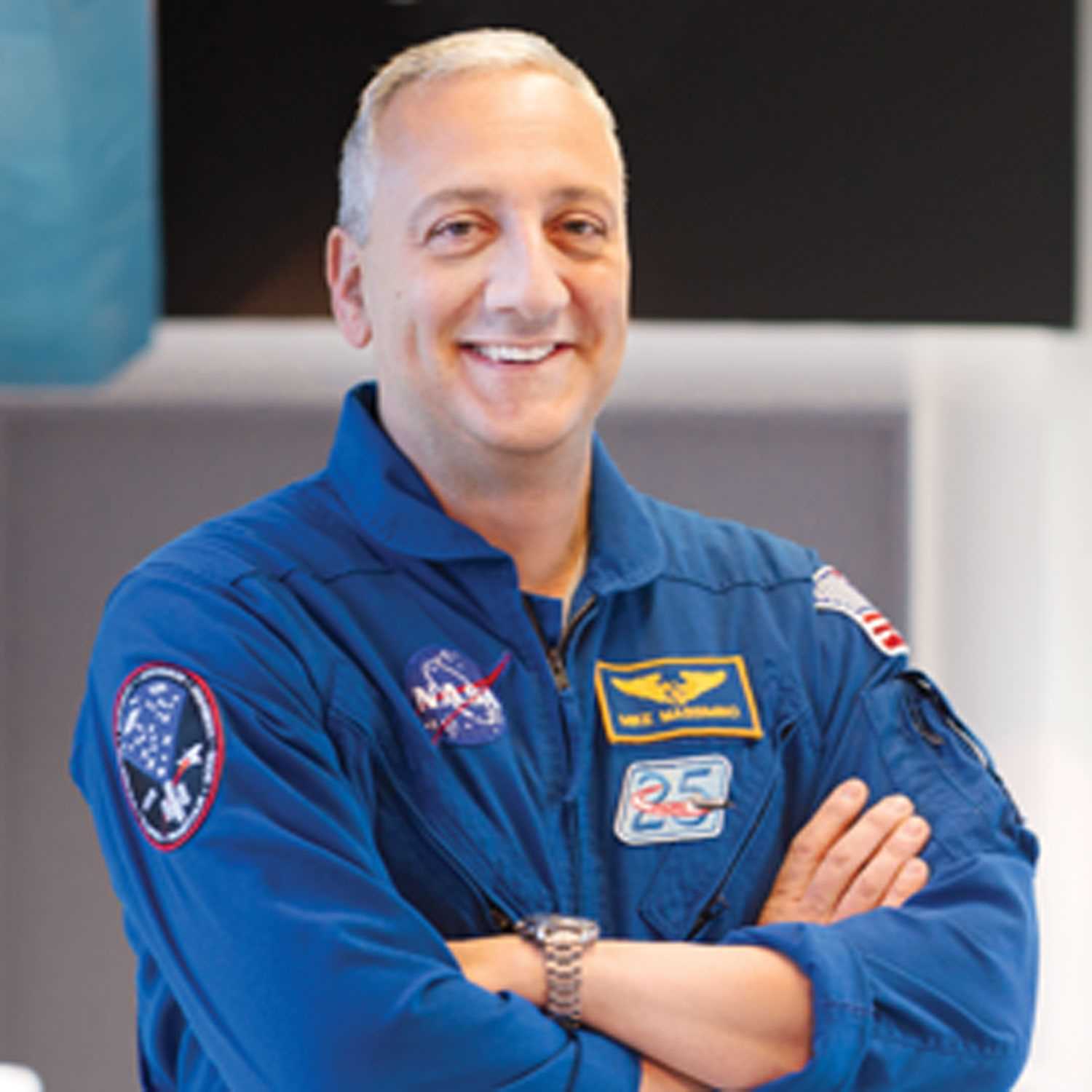
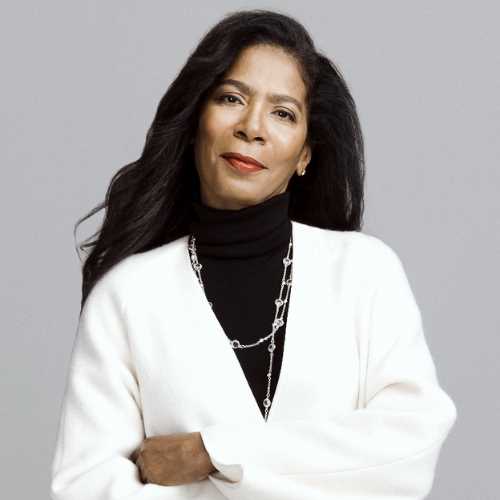
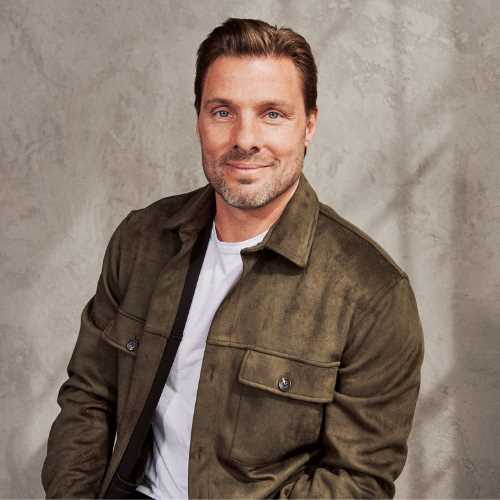
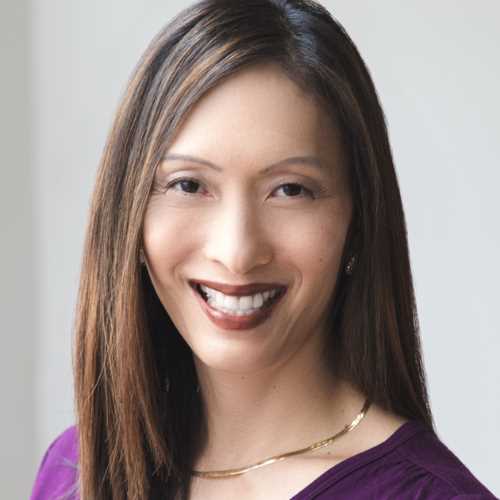
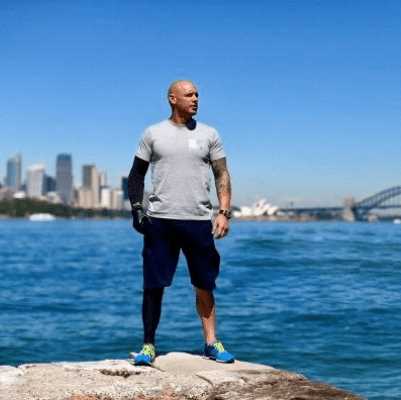
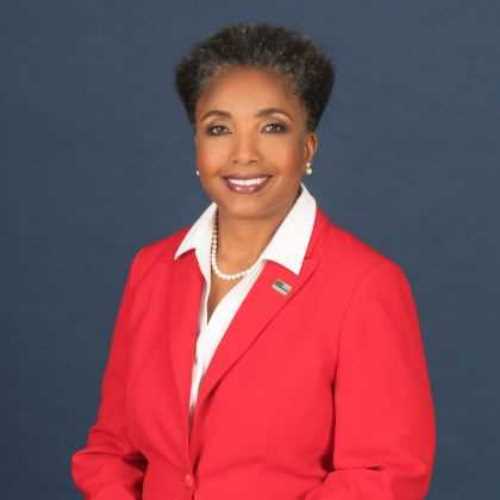
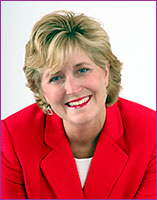
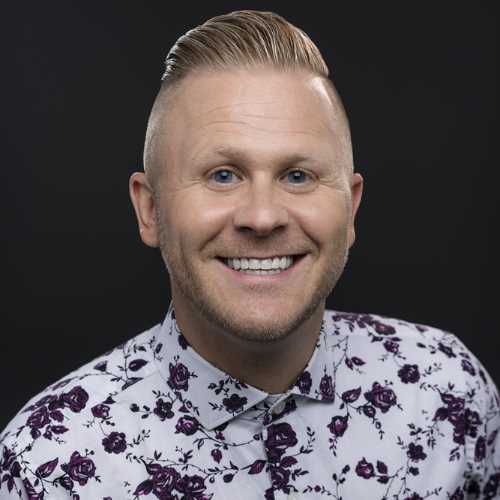
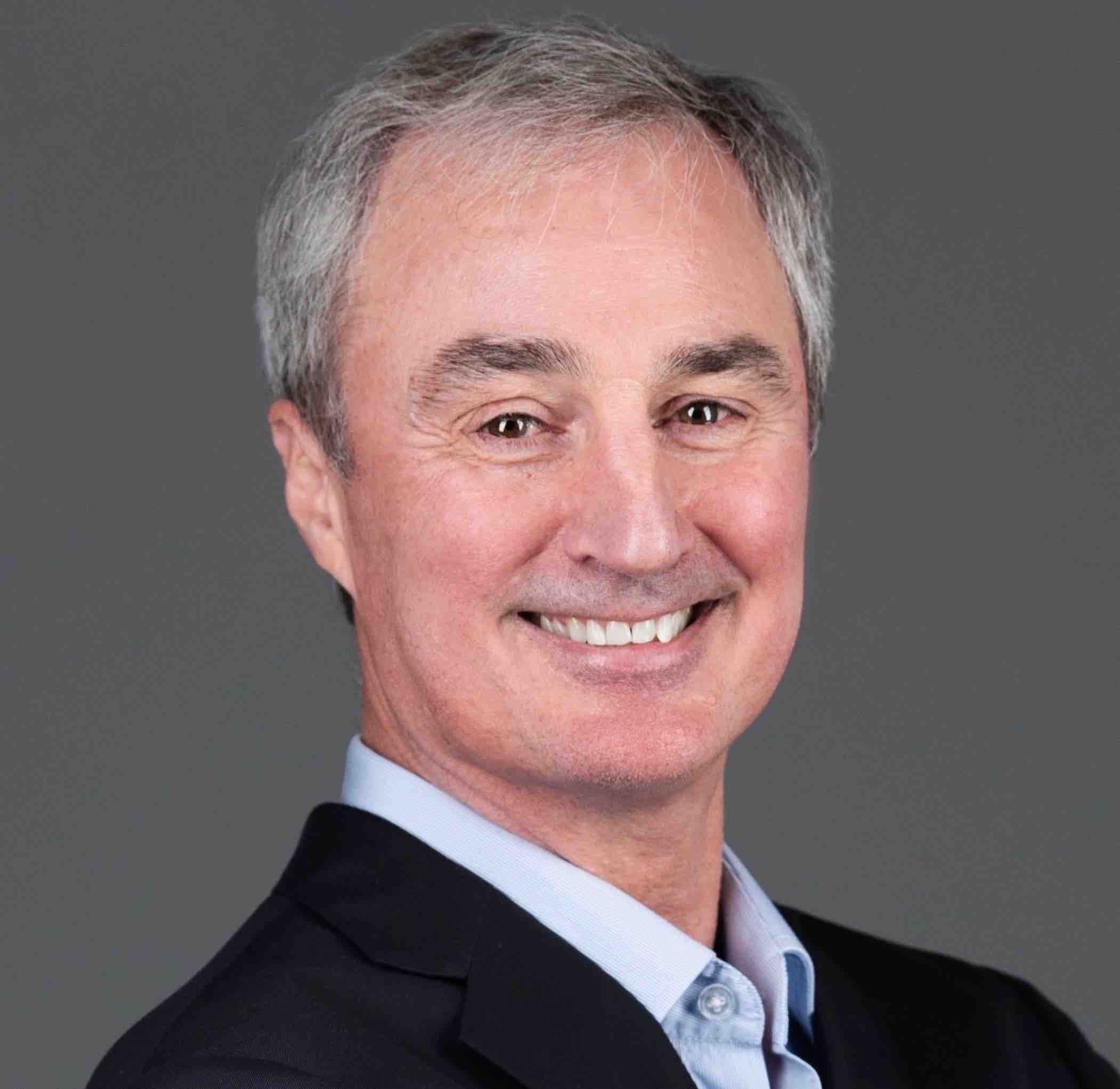
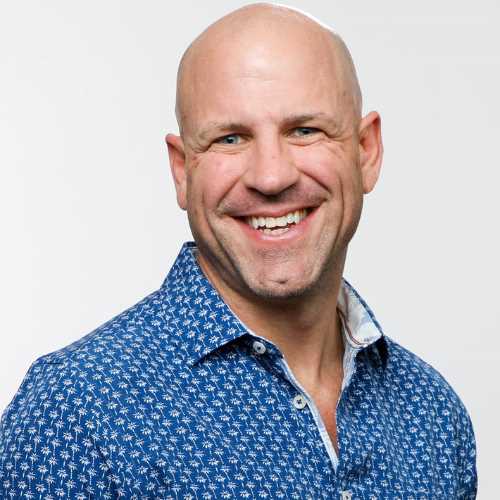
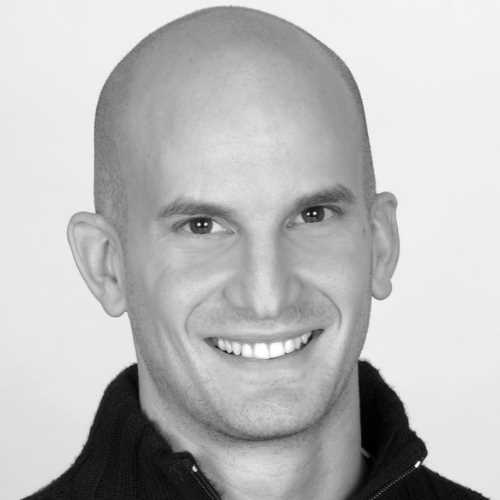
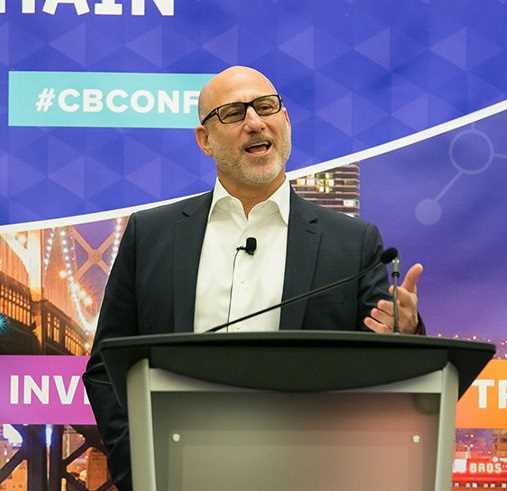
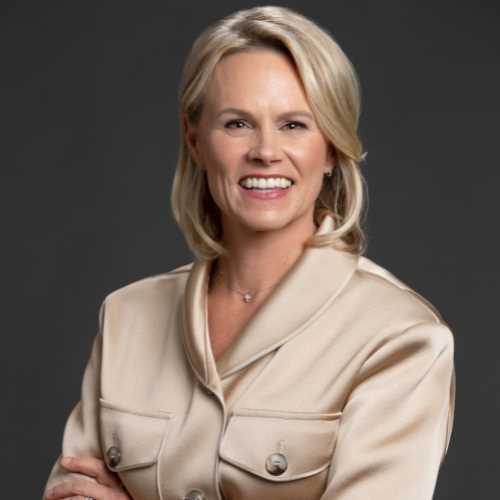











February 4, 2022
Wonderful guest speaker with an amazing story!
Kindle Communications - Exact Sciences Helpful 0